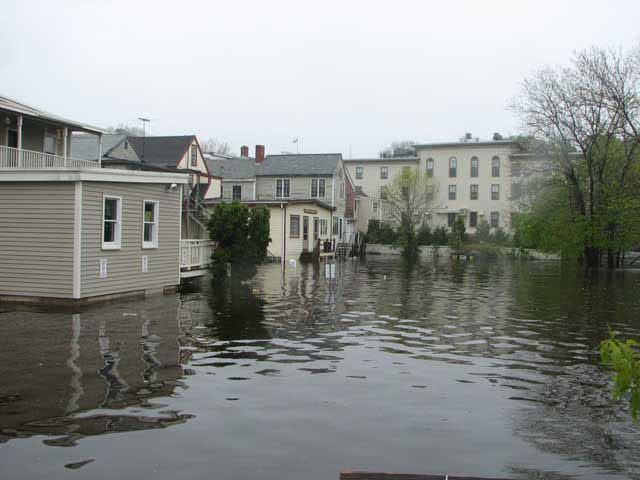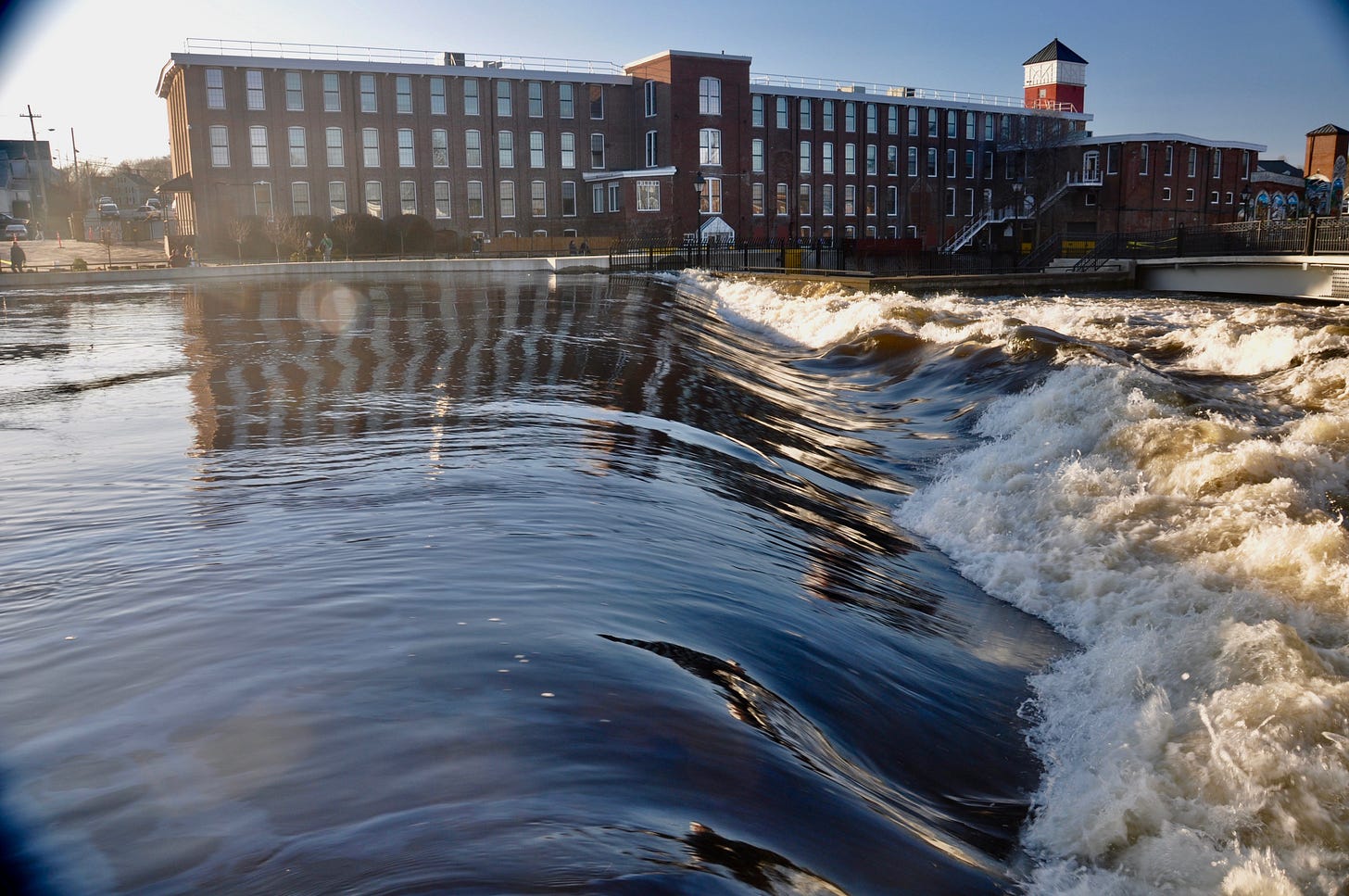Notes From an Environmentalist; The week the Ipswich dam debate went off track.
The Week When the Ipswich Dam Debate Went Seriously Off Track
Consider these two quotes, ever so slightly paraphrased:
“I grew up tramping barefoot through streams, catching crawdads and minnows, picking berries, searching for owls, pheasant and quail. To have all that demolished, taken away geographically eradicated. It was just the most disturbing thing.
We are not only being harmed physically we are being harmed spiritually, that intimacy with our history, our culture, our environment is gone.”
Now listen to an advocate for saving the Ipswich dam.
“I was born in Cable Hospital. My love for this town is deep. I appreciate those who broke their backs to make this town what it is, and I want to honor that history.
I have a problem with developers who come in and clear cut forests and destroy beautiful country roads to build mini McMansions.”
The first quote was from Kathy Selvage of Wise County Virginia, explaining what it is like to lose the mountaintops you grew up with to people intent on mining coal.
The other was one of our own Save the Dam advocates explaining her identification with Ipswich clammers and the clamflats and ponds she fears could be damaged by removing the Ipswich Mills dam.
Both women share an immutable sense of place, a sense we traditionally identify with environmentalists.
Surprisingly those roles became reversed during our recent dam debate.
Those wishing to protect the clamflats and freshwater ponds sounded like conservationists while those wanting to tear the dam down sounded more like modern environmentalists intent on freeing the river without proof that it would not damage the town with historic bridges and rich cultural history.
So the debate went seriously off track. Rather than conservationists and environmentalists sharing the common goal of preserving and improving nature, it devolved into an acrimonious debate that pitted so called townies against so called outsiders.
It was a shame since both conservationists who tend to be rural and live close to nature and environmentalists who often come from more academic backgrounds should learn how to respect the different perspectives of those they disagree with and unite to save and protect the natural and cultural fabric of this unique community we are all so fortunate to share.





